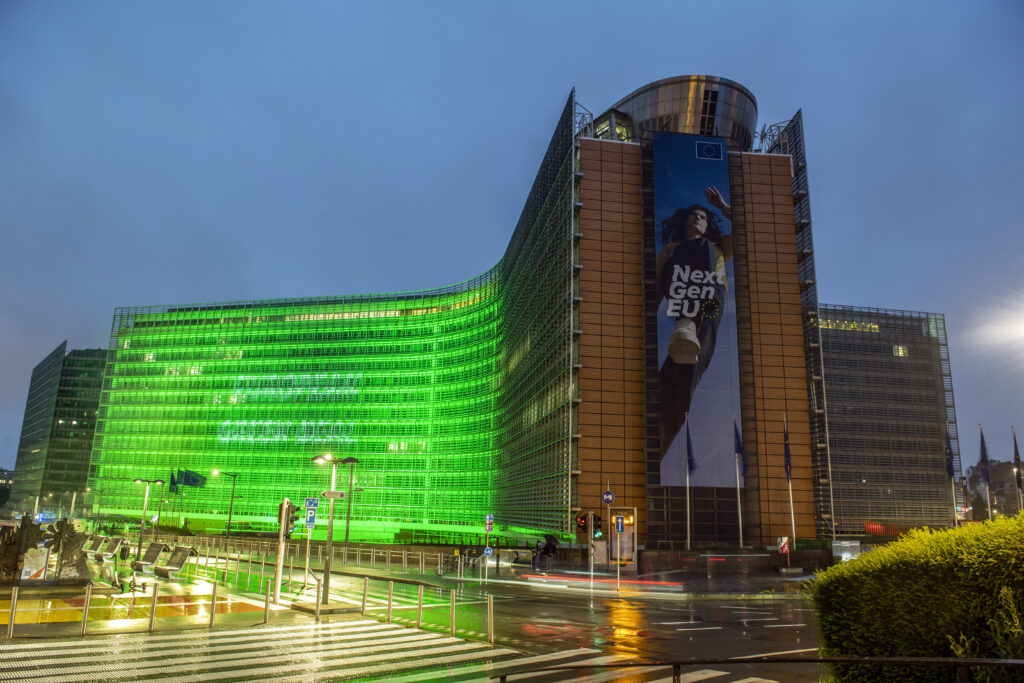Read ePURE’s position paper on EU energy independence and food security
The crisis caused by Russia’s invasion of Ukraine has highlighted the urgency of reducing Europe’s dependence on fossil fuels and supporting its energy and food independence. The European Commission’s RePowerEU proposal to boost EU energy security is an important step to reducing dependence on imported crude oil and ensuring stable domestic production of fuel and food, while continuing the drive to carbon-neutrality.
ePURE, the association representing the European producers of renewable ethanol from sustainably grown crops, waste, and residues, wishes to underline the positive contribution of domestic solutions, such as EU renewable ethanol, to cope with the crisis. In particular, renewable ethanol produced in the EU offers a strategic role in:
Fighting climate change
EU renewable ethanol reduces GHG emissions by 75% compared to petrol. It is a readily available, domestically sourced technology that complies with the strictest sustainability criteria and has very low or nil risk of indirect land use change. The Commission’s Renewable Energy Progress reports regularly confirm that cultivation of feedstock used in biofuel production in the EU has no particular adverse environmental impacts.
Reducing EU food and feed dependency:
- EU renewable ethanol production generates significant high-protein GMO-free animal feed. Each tonne of ethanol automatically generates 1 tonne of such animal feed and in 2019, European ethanol producers supplied overall more than 4.5 Mt of it.
- A significant share of EU ethanol production takes place in complete synergy with sugar and starch production. The diversification of raw material uses as well as the valorisation of wastes and residues stemming from these productions are essential to preserve sugar and starch production but also farmers’ revenues, an essential condition to perpetuate agriculture production in the EU.
Reducing EU energy dependency
Use of renewable ethanol offsets the consumption of imported fossil petrol. Today, most EU gasoline cars can run on E10 (containing maximum 10% renewable ethanol blend in petrol) and in certain EU countries, citizens take advantage of E85 (containing up to 85% ethanol). Moreover, renewable ethanol is an essential oxygenate for petrol quality which substitutes the import of oxygenates mostly from Russia. According to the latest data from the EEA, renewable ethanol production helped displace 3.6 Bl of petrol, i.e. 4% of the total petrol consumption of the EU.
Ensuring strategic sanitary production
Alcohol is not only dedicated to the fuel market as more than 20% of EU production is used in food and industrial applications. Due to the flexibility of our plants, during the COVID-19 pandemic, EU renewable ethanol producers could immediately supply, and mostly offer, alcohol to hospitals and civil society to be used as disinfectant and hand sanitizers. The EU avoided any shortage or import dependency on these products thanks to EU renewable ethanol plants which would not exist without the EU renewable energy policy.
Supplying other important products
Ethanol production generates a variety of other food and non-food products such as vegetable oil, gluten (used in pasta, and animal feed), vinasses (natural fertilizers) and captured CO2 to replace fossil CO2 in the cold chain, greenhouses, and drinks.
Considering the above, ePURE calls on policymakers to:
- Resist efforts to compromise the existing policy framework and targets regulating biofuels at EU level, which could undermine Green Deal ambitions.
- Prevent Member States taking unilateral decisions to lower or temporary reduce biofuels incorporation objectives at national level, which could jeopardize the internal market and lead to trade distortions.
